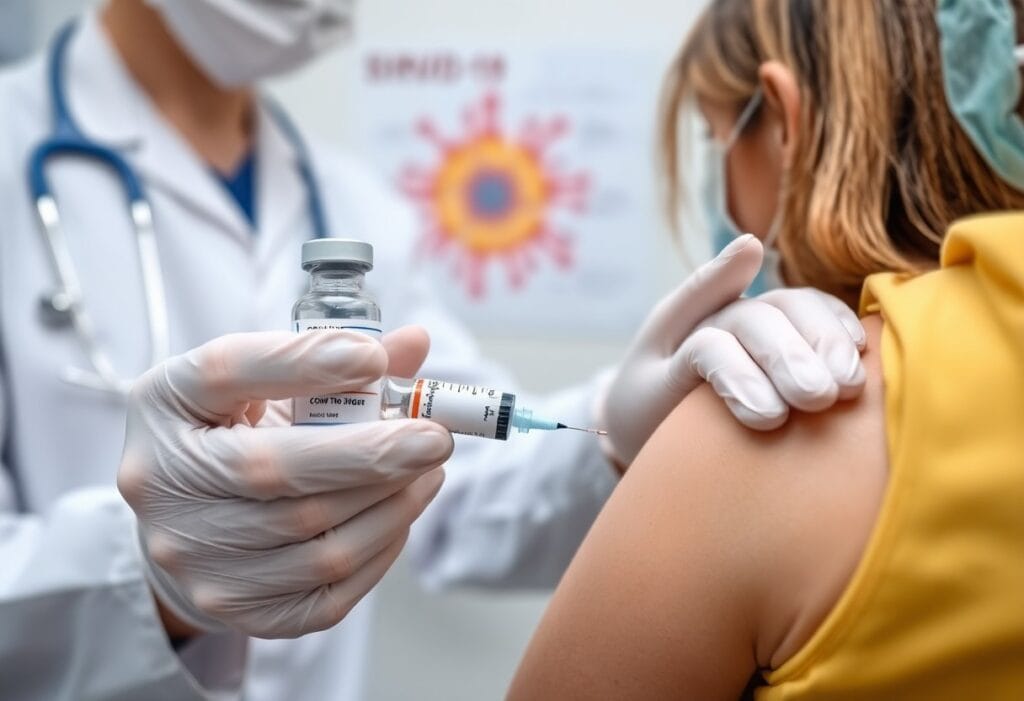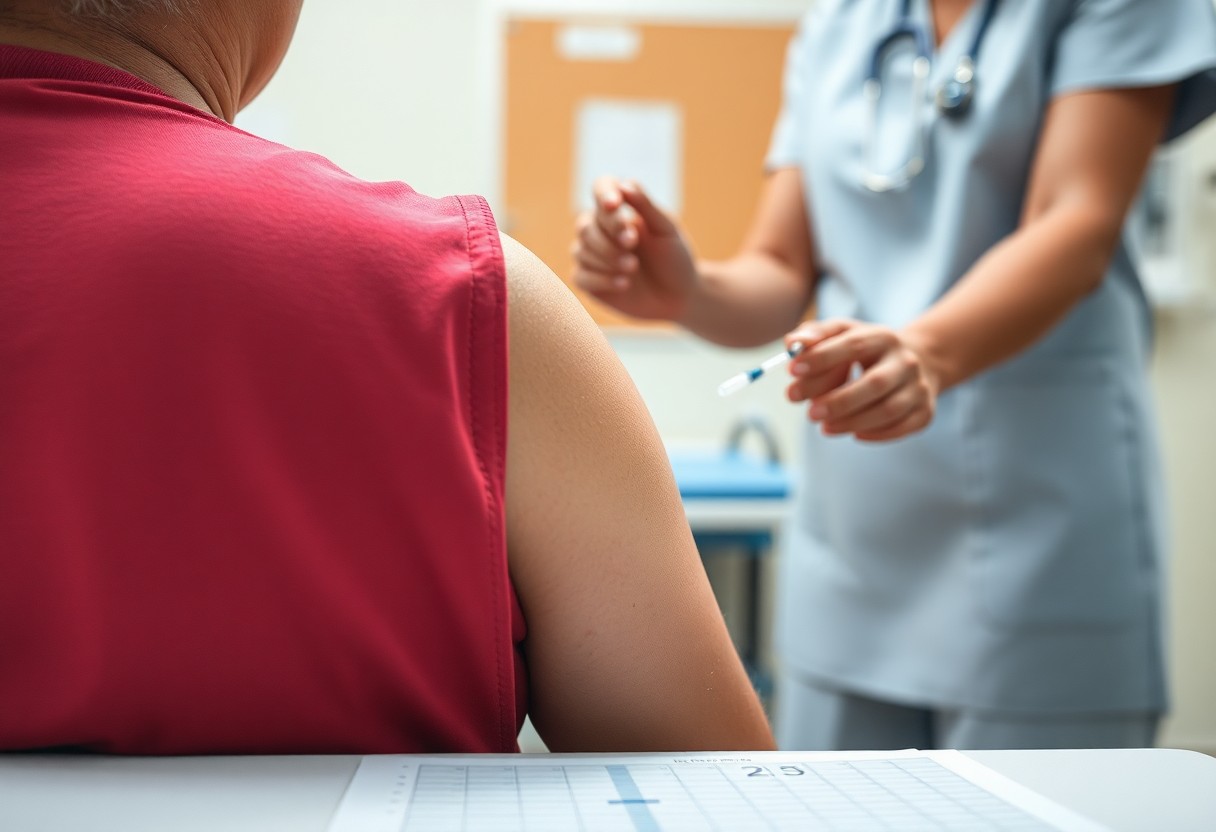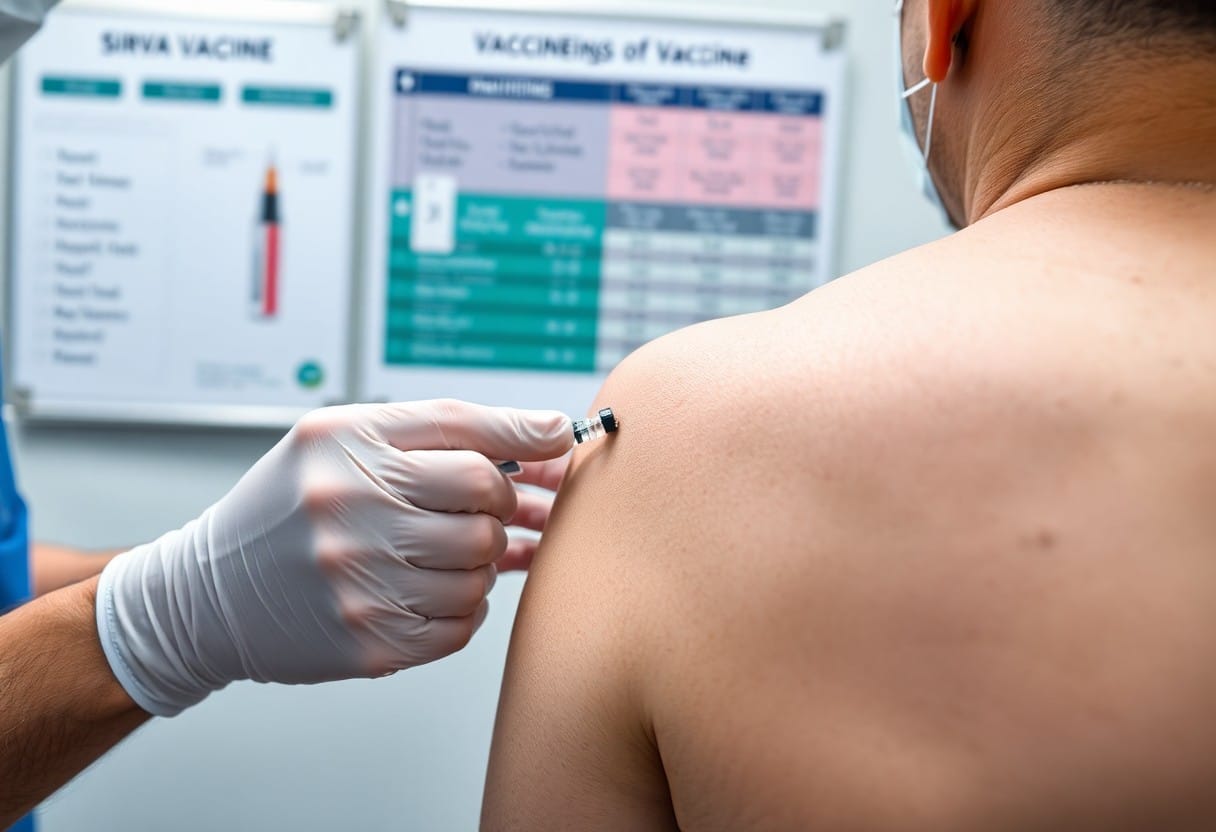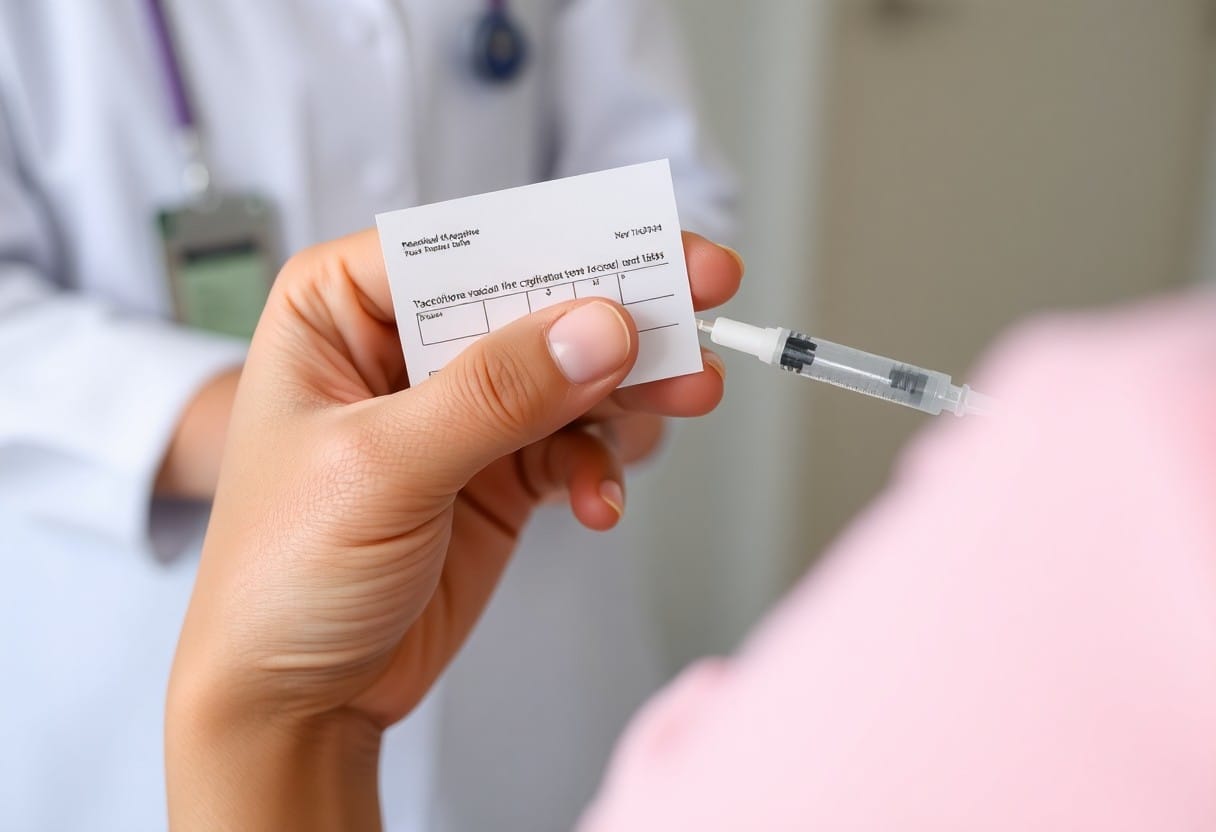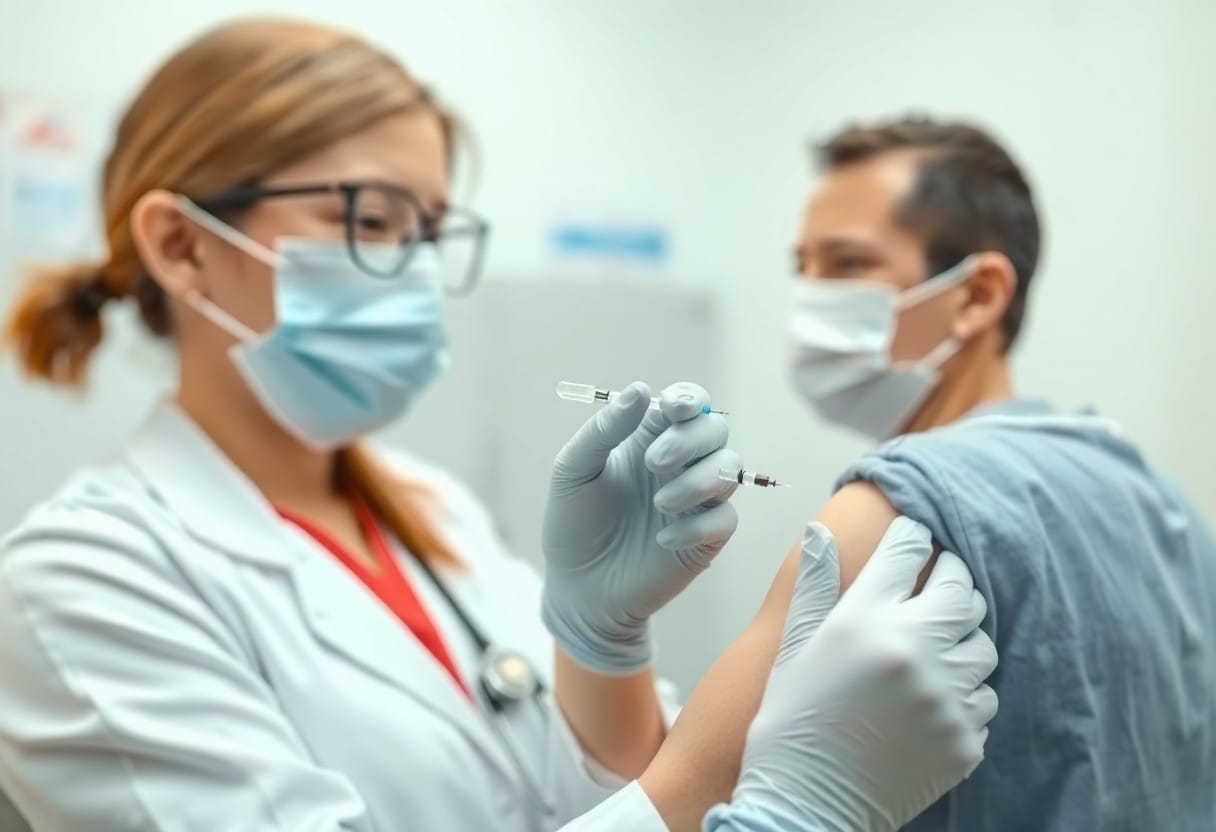It’s important for you to understand the implications of receiving a COVID-19 booster shot, especially concerning SIRVA (Shoulder Injury Related to Vaccine Administration). While booster shots play a vital role in enhancing your immunity against the virus, improper injection techniques can lead to complications like SIRVA, which can cause persistent shoulder pain and discomfort. This blog post will guide you through what SIRVA is, how to minimize risks, and the benefits of staying updated with your vaccinations.
Understanding COVID-19 Booster Shots
Your understanding of COVID-19 booster shots is vital in navigating the ongoing pandemic. Booster shots are additional doses given after the initial vaccination series to enhance and prolong immunity against COVID-19 variants. As the virus evolves, booster shots play a key role in ensuring you maintain effective protection, particularly against severe illness and hospitalization.
Importance of Booster Shots
Across various populations, booster shots significantly increase your immunity levels, combatting waning vaccine protection over time. They have been shown to improve your body’s response to new variants, thereby reducing the risk of infection and severe outcomes. By staying updated with your boosters, you help safeguard not only your health but also that of others in your community.
Recommended Schedules
Against the backdrop of evolving virus variants, health authorities recommend specific schedules for booster shots based on factors like age, initial vaccine type, and the time elapsed since your last dose. Typically, adults are advised to receive booster shots around six months after their initial series, although this might vary based on updates from health agencies. It’s vital to consult with your healthcare provider for personalized recommendations.
Understanding the recommended schedules for booster shots can help you stay protected. The Centers for Disease Control and Prevention (CDC) advises that individuals aged 12 and older receive boosters to enhance their immune response. Those over 50 or with underlying health conditions may be encouraged to get additional doses. Additionally, adjustments may be made based on local variants and outbreak situations. By paying attention to these schedules, you help maintain optimal immunity and contribute to the broader effort of controlling the pandemic.
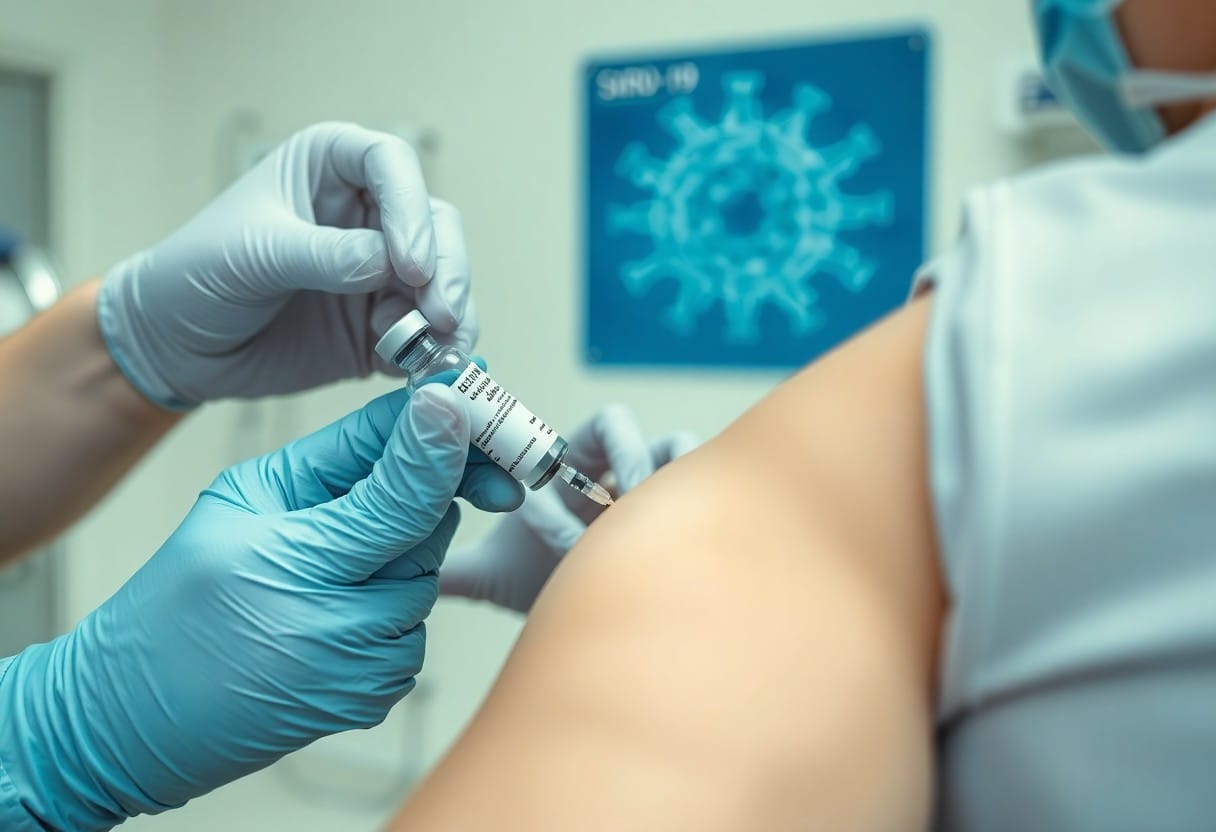
What is SIRVA?
You may have heard of SIRVA, which stands for Shoulder Injury Related to Vaccine Administration. This condition occurs when a vaccine is improperly administered into the shoulder joint, resulting in shoulder pain and mobility issues. Understanding SIRVA can help you be aware of potential side effects of your COVID-19 booster shot.
Definition and Symptoms
Along with immediate soreness at the injection site, symptoms of SIRVA may include persistent shoulder pain, reduced range of motion, and swelling. Symptoms typically begin within a few days after receiving a vaccine and can last for several weeks or months if not addressed properly.
Risk Factors and Incidence
Alongside improper injection technique, several factors can increase your risk of developing SIRVA, including:
- Improper needle size
- Inexperienced healthcare providers
- Pre-existing shoulder conditions
Any of these factors may heighten the chance of experiencing shoulder injuries post-vaccination.
At the same time, the overall incidence of SIRVA remains relatively low. Data suggests that SIRVA accounts for only a small fraction of vaccine-associated injuries. Note that the benefits of vaccination far outweigh the risk of developing SIRVA. Awareness of this condition and ensuring proper vaccination technique can contribute to minimizing risks. Any concern should be discussed with your healthcare provider for personalized guidance on vaccination safety.
The Link Between Booster Shots and SIRVA
Now that COVID-19 booster shots have become part of public health initiatives, understanding the potential risks associated with them, such as Shoulder Injury Related to Vaccine Administration (SIRVA), is crucial for your safety. SIRVA occurs when the vaccine is improperly administered, causing pain and limited range of motion in the shoulder. Awareness of this risk can help you take necessary precautions when seeking vaccination.
Incidence Rates
SIRVA has been reported following vaccinations, including COVID-19 booster shots, at varying incidence rates. While the exact frequency of SIRVA after booster administration is unclear, it occurs most often in individuals receiving their shots improperly or in non-recommended muscle locations, underscoring the importance of proper vaccination techniques.
Mechanisms of Injury
To better understand SIRVA, it’s important to recognize the mechanisms of injury associated with this condition. SIRVA typically arises from the injection of the vaccine into the shoulder joint or surrounding tissues instead of the deltoid muscle, leading to inflammation and bursitis. This improper placement can cause ongoing shoulder discomfort and functional limitations.
And, when your vaccine is administrated incorrectly, it can result in significant complications. By injecting into the shoulder joint or bursa, you’re putting yourself at risk for inflammation, pain, and muscle weakness. You must inform your healthcare provider about any previous shoulder injuries, strengthening the likelihood that the vaccine will be administrated into the appropriate muscle area. If you experience lingering pain or mobility issues post-vaccination, consulting a medical professional promptly is crucial. Early intervention can prevent long-term complications.
Prevention Strategies for SIRVA
Once again, it’s vital to take proactive measures to minimize your risk of SIRVA when receiving COVID-19 booster shots. You should always ensure that the vaccine is administered by a qualified healthcare professional who follows proper techniques. Additionally, being informed about the potential side effects can help you promptly identify any issues and seek necessary care. Prioritizing these strategies empowers you to better protect yourself during the vaccination process.
Proper Administration Techniques
To effectively prevent SIRVA, proper administration techniques are imperative. Ensure that the vaccine is injected into the appropriate area, usually the deltoid muscle of the upper arm. The healthcare provider should use a straight, vertical approach and avoid injecting too high or too low on the muscle. This technique not only enhances vaccine efficacy but also reduces the risk of complications like SIRVA.
Patient Education
For optimal prevention of SIRVA, patient education plays a key role. You should be well-informed about the injection process and what to expect post-vaccination. Ask questions and communicate openly with your healthcare provider to ensure you understand the procedure and any potential side effects associated with the vaccination.
But patient education extends beyond just the procedure; it involves understanding the anatomy of the arm and recognizing signs of complications. You should be aware that SIRVA can result from improper injection, leading to unnecessary pain and discomfort. Educating yourself about post-vaccination symptoms and knowing when to seek medical attention is also vital. This proactive approach can help you mitigate potential risks and improve your overall experience with the booster shot.
Monitoring and Reporting SIRVA Cases
Despite the increasing administration of COVID-19 booster shots, monitoring and reporting cases of SIRVA (Shoulder Injury Related to Vaccine Administration) remain important. It is vital for healthcare providers to be aware of potential symptoms and assess any adverse effects that might arise after vaccination. Maintaining accurate records allows for a better understanding of SIRVA and helps ensure patient safety in vaccination programs.
Importance of Reporting
Reporting SIRVA cases enhances overall vaccine safety monitoring and contributes to the scientific community’s understanding of vaccine-related injuries. By documenting these occurrences, you help healthcare agencies adjust protocols and improve training for vaccine administrators, ultimately leading to safer vaccine delivery for everyone.
Resources for Health Professionals
Monitoring SIRVA cases is supported by various resources designed for health professionals, equipping you with the necessary tools to identify and report these injuries effectively. This includes guidelines from the CDC, training materials for proper vaccine administration techniques, and access to reporting systems like VAERS (Vaccine Adverse Event Reporting System).
For instance, CDC guidelines outline best practices for injection techniques to minimize the risk of SIRVA, while VAERS provides a streamlined process for documenting adverse events. Consistent training ensures you remain updated on the risks associated with vaccine administration. Utilizing these resources empowers you to enhance patient care and contribute to the ongoing assessment of vaccine safety, ultimately fostering trust in vaccination programs.
Frequently Asked Questions
All your pressing questions regarding COVID-19 booster shots and SIRVA can be found here. From safety concerns to symptoms, understanding these aspects will empower you to make well-informed decisions about your vaccination. Read on for insights that can help alleviate your worries as you navigate your health during this pandemic.
Common Concerns about Booster Shots
Booster shots are designed to enhance your immunity against COVID-19, but some common concerns include potential side effects, effectiveness, and the necessity of getting vaccinated again. Knowing that most side effects are mild and temporary can help ease your worries while ensuring you remain safeguarded.
Myths and Facts about SIRVA
Between the concerns about SIRVA and the misinformation circulating, it’s crucial to distinguish fact from fiction. SIRVA, or Shoulder Injury Related to Vaccine Administration, can occur if the vaccine is improperly injected, leading to discomfort and limited mobility. However, it’s relatively rare, and the benefits of vaccination far outweigh the risks associated with SIRVA.
Myths often exaggerate the risks of SIRVA, leading to unnecessary fear about vaccination. Many believe that any pain or discomfort following a COVID-19 booster shot indicates a severe injury. In reality, mild soreness is common and usually resolves quickly. It’s important to focus on the positive impact of vaccines, as they play a vital role in protecting your health and the health of those around you. Always consult with your healthcare provider to address any specific concerns you may have regarding your vaccination.
Conclusion
Now that you understand the relationship between COVID-19 booster shots and SIRVA, it’s vital to stay informed and proactive about your health. If you’re considering a booster, ensure you discuss any concerns with your healthcare provider to minimize the risk of shoulder injuries. Being knowledgeable will empower you to make the best decisions for your well-being and ensure a smoother vaccination experience. Your health matters, and understanding these aspects can help you navigate the process more effectively.


